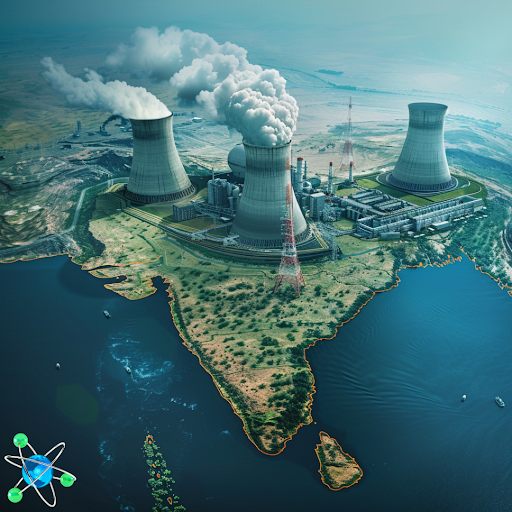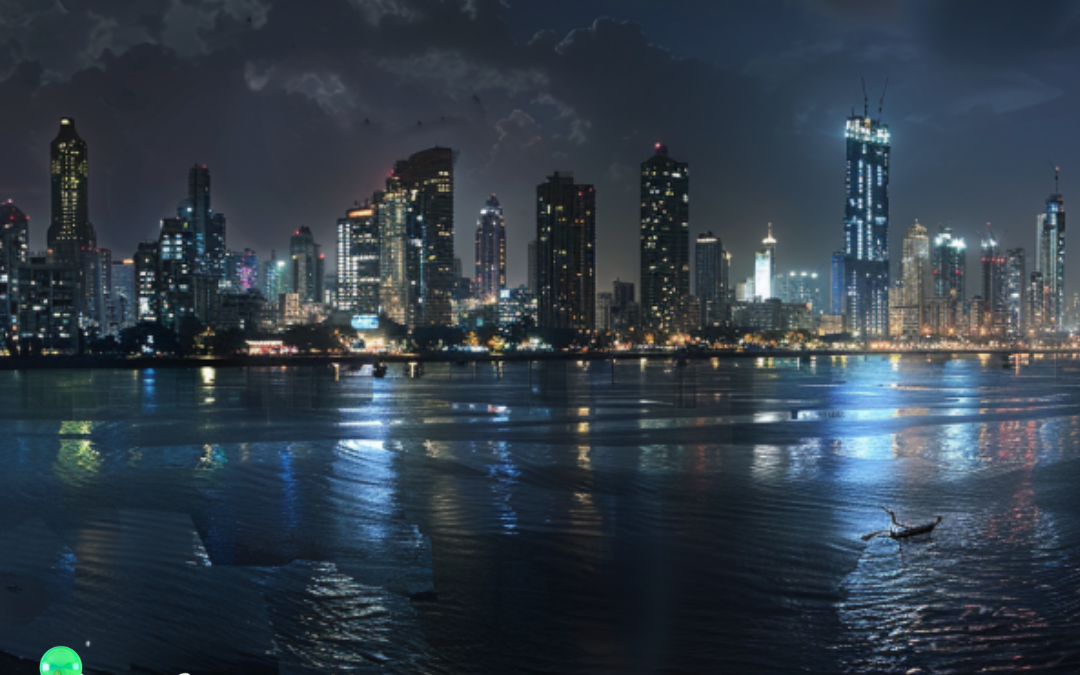
- Indian Prime Minister Narendra Modi announced in Moscow that Rosatom is discussing a project to build six nuclear power plants in India, advancing the country’s green growth and sustainable development.
- India, already collaborating with Russia on nuclear energy, has operational and under-construction units at Kudankulam Nuclear Power Plant and is exploring floating nuclear power plant solutions.
- The collaboration has faced international criticism, particularly from Western nations and Ukraine, due to Russia’s actions in Ukraine, but Modi emphasized the importance of peaceful discussions for progress.
Earlier this week, Prime Minister Narendra Modi of India made a significant visit to Russia, his first since the Russian invasion of Ukraine. During his stay in Moscow, the Prime Minister made a groundbreaking announcement. He revealed that the Russian State Atomic Energy Agency (Rosatom) is in discussions with Delhi about a project to construct six nuclear power plants. This announcement marks a significant advancement in India’s pursuit of green growth and sustainable development.
In the past year, India has looked to Russia for help bolstering its nuclear energy supplies. In addition to its agreement with Rosatom, India has received information on floating nuclear power plant solutions from Russia.
At the Kudankulam Nuclear Power Plant in Tamil Nadu, India already has 2 operational nuclear units, providing 1,000 MWe of power. With 2 more units in an advanced stage of construction, the addition of six high-power nuclear units will be a game-changer for India’s energy security and sustainability efforts. The ongoing discussions about the development of low-power nuclear plants in India further underscore the potential of this collaboration.
While this initiative appears beneficial for India’s nuclear energy efforts, it has also faced backlash. Many Western nations have imposed sanctions against Russia for its military actions against Ukraine, and some, including Ukrainian President Volodymr Zelinsky, have criticized India for its recent involvement with Russia. However, in response to the criticism, Prime Minister Modi argued that peaceful discussions are necessary for progress rather than conflict on the battlefield.
Despite the controversy it has stirred, the collaboration between India and Russia represents a significant step towards achieving India’s energy goals while navigating complex international relations. As both nations continue to explore advanced nuclear technologies, this partnership could play a pivotal role in redesigning the future of sustainable energy in India.

